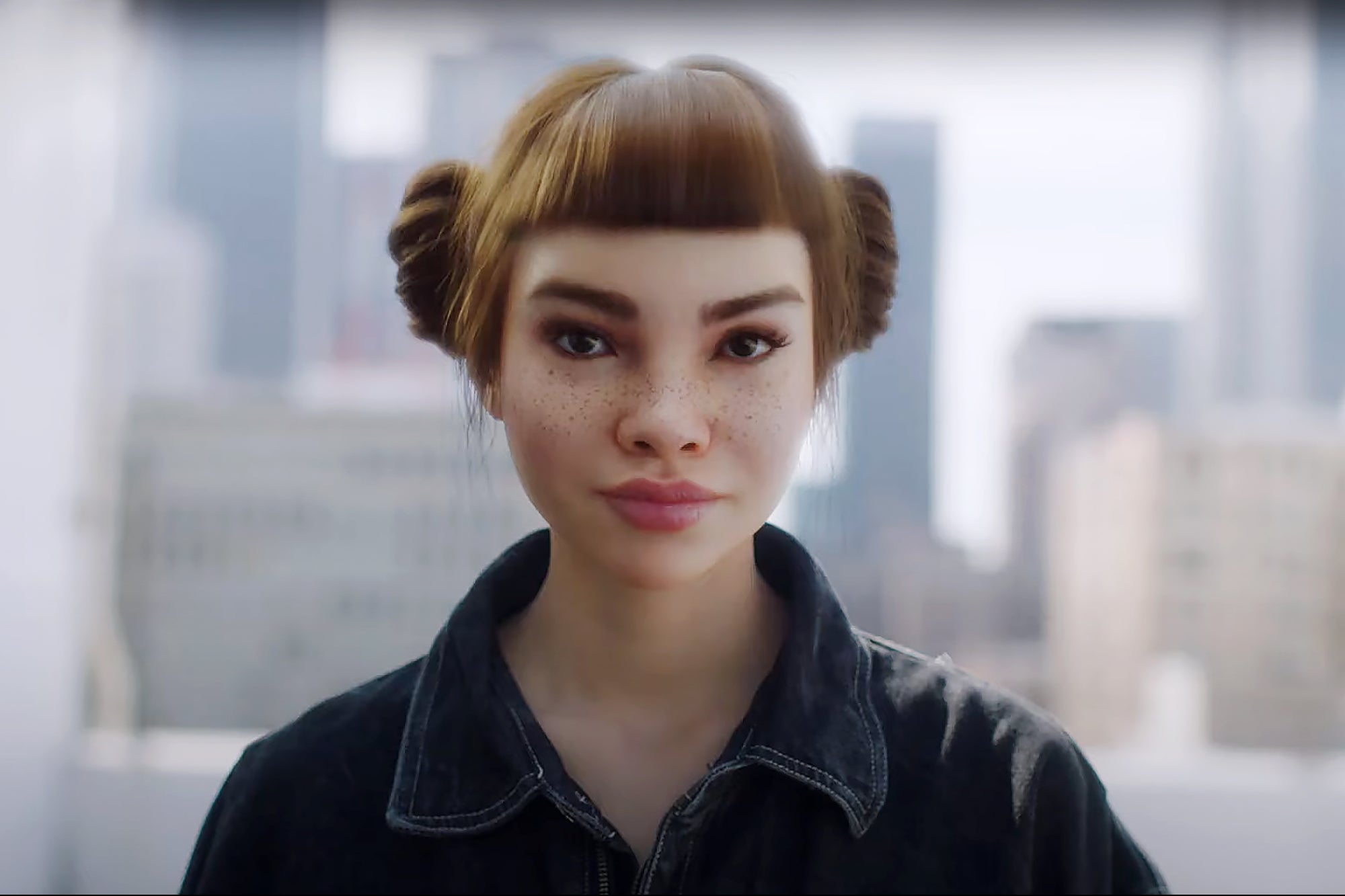CGI-Created Virtual Influencers Are the New Trend in Social Media Marketing Brands try creating their own influencers to control their messaging.
Opinions expressed by Entrepreneur contributors are their own.

With more than 1 billion people using social media all over the world, it's more difficult than ever for brands to stand out from the crowd. Thus, the rise of the influencer, which has been one of the most significant changes in marketing in the last decade.
Some creative marketers have decided to to find an alternative to the typical approach to influencers and instead create their brand ambassadors themselves using artificial intelligence. These virtual influencers are computer-created fictional characters whose "personalities" are entirely fictional. They're paired with animated images from digital artists to accurately re-create the subtle features of human faces. Some companies are building their own influencers from the ground up, creating their own character that they can control every aspect of.
Lil Miquela and friends
Instagram users have already seen creations like 19-year-old Lil Miquela release music while going through a carefully scripted drama that kept her 1.6 million followers riveted. Lil Miquela, created by the L.A.-based firm Brud, can be said to have started the CGI influencer phenomenon in 2016, when she blew up on Instagram. Now she's a regular face in fashion magazines and fronts a wide range of luxury brands. More than 80,000 people stream Lil Miquela's songs on Spotify every month. She has given interviews from Coachella and shown off a tattoo designed by an artist who inked Miley Cyrus. Until her creators revealed her true provenance, many of her fans were convinced she was a flesh-and-blood teenager.
Just like Lil Miquela, Blawko was created by Brud. Sporting streetwear style and tattoos, he describes himself as a "young robot sex symbol." He's perhaps the most mysterious of all the virtual influencer stars due to the mask that covers half of his face. He has become popular among users for his laid-back nature and on-off relationship with Bermuda, another CGI-created influencer.
The virtual Colonel and others
Intended to parody the lifestyle of Instagram influencers, KFC's virtual Colonel shows the ridiculously good-looking Colonel Harland Sanders living his best influencer life. The uncannily human character posts from KFC's official account, which has 1.3 million followers. It identifies him as a virtual influencer who is chasing the dream, selling chicken and based out of Louisville, the company's headquarters. He sports the Colonel's signature gray hair, black-rimmed glasses and white suit, but instead of a pudgy old man, this version is a modelesque hipster, complete with a torso tattoo that reads "Secret Recipe for Success." He frequently collaborates with other brands, including Dr Pepper, Old Spice and TurboTax.
In fall 2018, French luxury fashion house Balmain launched a campaign starring three digital models. Two of the models are exclusive to the Balmain brand, while the third, Shudu Gram, is a free agent popularly known as the world's first digital supermodel. British fashion photographer Cameron-James Wilson created Shudu, who has more than 200,000 followers on Instagram and blurs the line between digital and reality. She can't talk, nor is she artificially intelligent, but with Wilson's help, she shares her message of empowerment and diversity in the fashion industry.
Will it last?
"Only a few years ago, the idea of social media influencers was in its infancy, so their popularity is a sign of how quickly the trend took hold of the public's imagination," says online marketer Katerina Leroy. She says using virtual influencers benefits brands because it gives them full control, saves time searching for the right human influencers and reduces the risk od negative feedback. On the other hand, it could be another marketing experiment that fades away, "not one that will alter the course of influencer marketing," she says.
Harry Hugo, co-founder of the Goat Agency, says virtual influencers will be unavoidable in the next 12 months. "They can be available 24/7 and have a personality molded to be exactly what you want. They can literally be whatever you want them to be. These things are massive plus points for brands because they make the perfect ambassador."
According to HypeAuditor, "Virtual Influencers have almost three times more engagement than real influencers. That means that followers are more engaged with virtual influencers content." The piece suggests that novelty is a key element in their current popularity, and as digital models become more commonplace, they'll lose some of that interest. But will they? Will we even know who's real and who's not in future? The stats here would suggest that it's likely to become a bigger point of discussion.











